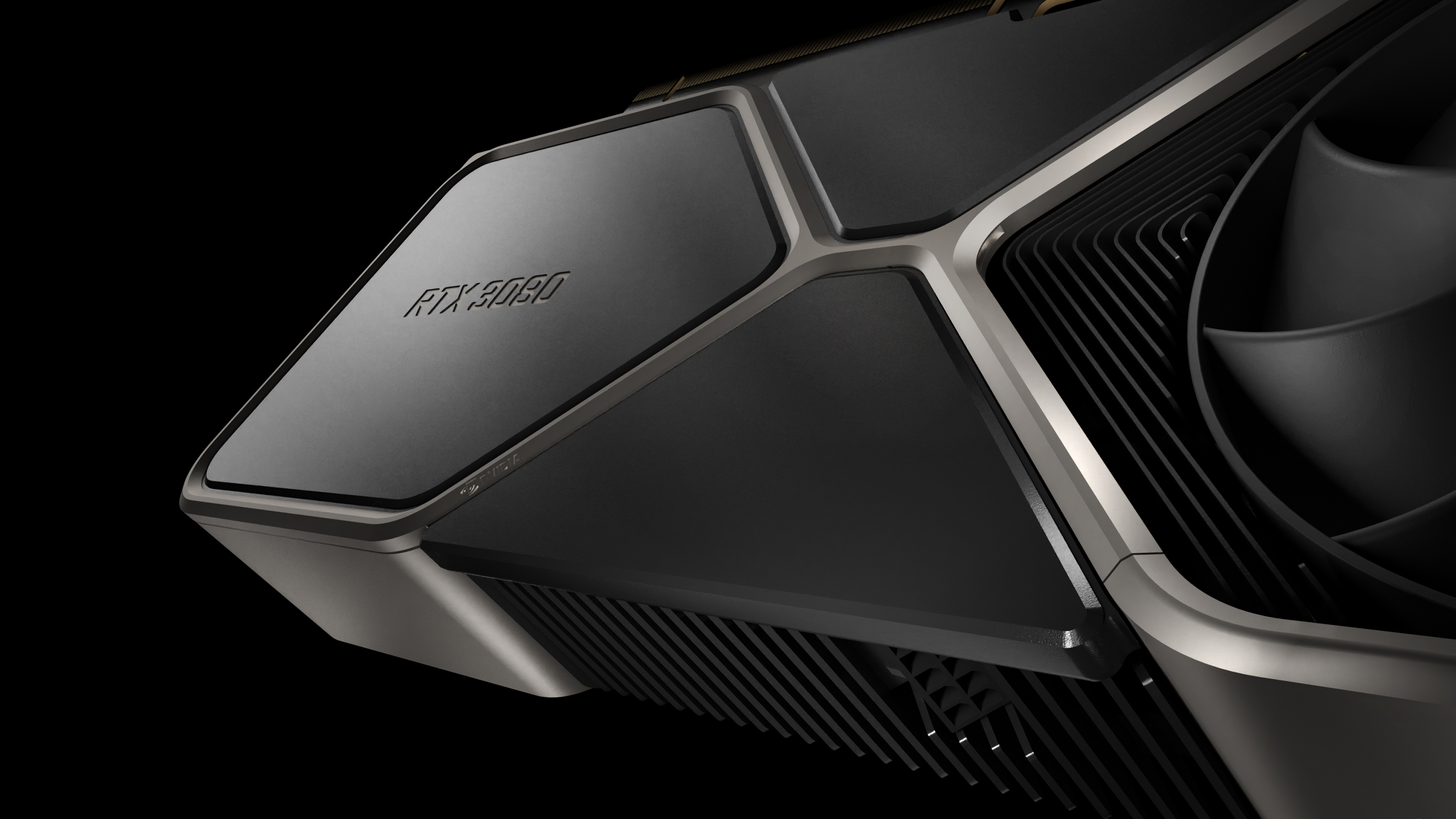

NVIDIA GeForce RTX 3080 Review: The 4K Gaming Sweet Spot
Pros
- Excellent 4K gaming performance
- Strong ray tracing capabilities
- Great value compared to 3090
- Efficient cooling design
- DLSS support
Cons
- 10GB VRAM might limit future 4K gaming
- High power consumption
- Availability issues at launch
- Required PSU upgrade for many users
Introduction
The GeForce RTX 3080 launched as NVIDIA's flagship gaming GPU for the Ampere generation, offering a substantial performance leap over its Turing predecessor. This card redefined what was possible in 4K gaming at its price point.
Design and Build Quality
NVIDIA's redesigned cooling system features a unique push-pull configuration with fans on both sides of the card. The new design delivers impressive thermal performance while maintaining reasonable noise levels.

Gaming Performance
The RTX 3080 delivers exceptional 4K gaming performance, offering frame rates that were previously only possible with the most expensive cards.
4K Gaming Performance
- Cyberpunk 2077 (Ray Tracing Ultra): 58 FPS
- Microsoft Flight Simulator: 55 FPS
- Red Dead Redemption 2: 85 FPS
- Call of Duty: Modern Warfare III: 105 FPS
Ray Tracing and DLSS
The second-generation RT cores provide excellent ray tracing performance, while DLSS support helps maintain high frame rates in demanding scenarios. The card shows particular strength in games that utilize both technologies.

Content Creation
For content creators, the RTX 3080 offers strong performance across various workloads:
- Video Editing: Excellent performance in 4K timeline editing
- Streaming: Superior encoding capabilities with the latest NVENC
- 3D Rendering: Strong showing in Blender and other 3D applications
Thermal and Power Performance
The innovative cooling solution keeps temperatures under control, though power consumption is notably high:
- Load Temperatures: 72°C average under full load
- Fan Noise: 38dB under typical gaming loads
- Power Draw: 320W typical gaming power draw
Overclocking
The RTX 3080 shows good overclocking potential:
- Core: +100 MHz boost clock typical
- Memory: +750 MHz effective typical
- Power Limit: 107% maximum
These overclocks typically result in a 5-7% performance improvement.
Value and Conclusion
Despite its high launch price, the RTX 3080 represented excellent value in the high-end segment, offering near-RTX 3090 gaming performance at a significantly lower price point. The combination of strong rasterization performance, excellent ray tracing capabilities, and DLSS support made it a compelling choice for enthusiast gamers.
Long-term Considerations
While the 10GB of VRAM might become a limitation in future titles at 4K resolution, the strong overall performance of the RTX 3080 ensures it will remain a capable gaming card for years to come. The mature driver support and widespread DLSS adoption help maintain its relevance in modern games.
Performance Benchmarks
4K Gaming Performance
Specifications
- cuda cores
- 8704
- boost clock
- 1.71 GHz
- base clock
- 1.44 GHz
- memory
- 10GB GDDR6X
- memory speed
- 19 Gbps
- tdp
- 320W
- recommended psu
- 750W
- architecture
- Ampere
- manufacturing process
- 8nm

